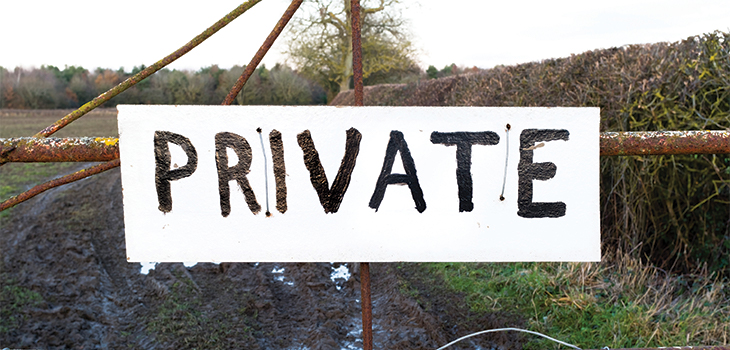
- Howe v Gossop: useful insight on the circumstances in which s 2 of the Law of Property (Miscellaneous Provisions) Act 1989 will (or will not) amount to a defence to a proprietary estoppel.
Ever since the important decision of the House of Lords in Cobbe v Yeoman’s Row Management Ltd [2008] UKHL 55, [2008] 4 All ER 713, there has been considerable debate about the interrelationship between s 2 of the Law of Property (Miscellaneous Provisions) Act 1989 (s 2) and the doctrine of proprietary estoppel. The former provision declares any contract for the sale or disposition of an interest in land which is not in signed writing to be void. A party seeking to establish an estoppel, however, will often seek to rely on unwritten promises or agreements as the central basis of his cause of action. The recent decision of Mr Justice Snowden in









